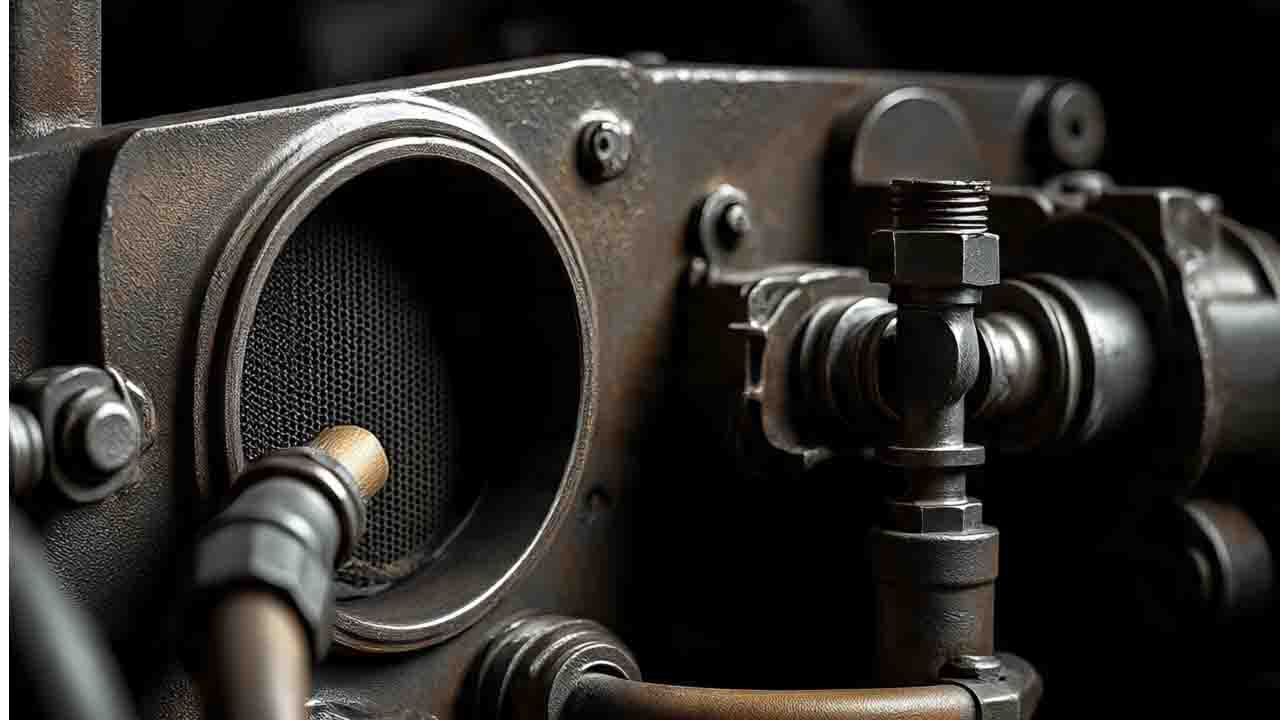
Dieselspecialists – Diesel vs Gasoline engines may both power millions of vehicles worldwide, but the way they ignite fuel is fundamentally different. In a diesel engine, the process relies on compression ignition. Diesel engines draw only air into the cylinder and compress it to extremely high pressures, raising its temperature; then they inject fuel directly into the hot air, triggering spontaneous combustion without spark plugs, while gasoline engines ignite a precise air-fuel mixture using a spark from a plug.
This difference in ignition method is not just a technical detail it shapes the overall character of the engine. Diesel engines can operate at compression ratios as high as 25:1, while gasoline engines typically stay between 8:1 and 12:1. The higher compression in diesels results in greater efficiency and more torque at lower RPMs, making them a preferred choice for heavy-duty vehicles, long-haul transport, and equipment that requires sustained pulling power.
“BSA Bantam 350 Steals the Spotlight at London Moto Show”
When it comes to efficiency, Diesel vs Gasoline is a debate often decided by the numbers. Diesel fuel contains more energy per liter than gasoline, and combined with higher compression ratios, this allows diesel engines to deliver superior fuel economy. On highways and in commercial use, diesel vehicles can travel significantly farther on a single tank compared to their gasoline counterparts.
Performance-wise, diesel engines produce more torque, which translates to stronger pulling capability. However, gasoline engines tend to have faster acceleration due to their higher revving nature and lighter components. For drivers seeking a smoother, quieter ride with quick response, gasoline may be the better option. For those prioritizing durability, towing power, and fewer fuel stops, diesel takes the lead.
The Diesel vs Gasoline decision ultimately depends on how and where a vehicle will be used. Frequent city drivers may prefer gasoline engines for their lower upfront cost, lighter weight, and quieter operation. Long-distance travelers, commercial fleet operators, and heavy-duty truck owners often choose diesel for its resilience, fuel efficiency, and torque-rich performance.
Advancements in both technologies are narrowing the gap modern diesel engines are becoming cleaner and quieter. While gasoline engines are improving in fuel efficiency. Still, understanding these key differences helps buyers make an informed choice. Ensuring their vehicle delivers the performance, economy, and reliability they need.
“Global Stocks Surge as Fed Rate-Cut Hopes Ignite Worldwide”
Diesel Specialists | Expert Engine Solutions for Diesel, Gasoline & More - diesel engine fuel efficiency bisa meningkat nyata lewat…
Diesel Specialists | Expert Engine Solutions for Diesel, Gasoline & More - Experienced technicians know that proper diesel fuel filter…
Diesel Specialists | Expert Engine Solutions for Diesel, Gasoline & More - Fleet operators and engine specialists now compare biodiesel…
Diesel Specialists | Expert Engine Solutions for Diesel, Gasoline & More - Turbochargers in diesel engines boost power and efficiency…
Diesel Specialists | Expert Engine Solutions for Diesel, Gasoline & More - Engineers across transport and industrial sectors increasingly rely…
Diesel Specialists | Expert Engine Solutions for Diesel, Gasoline & More - Diesel drivers face serious diesel cold weather starting…